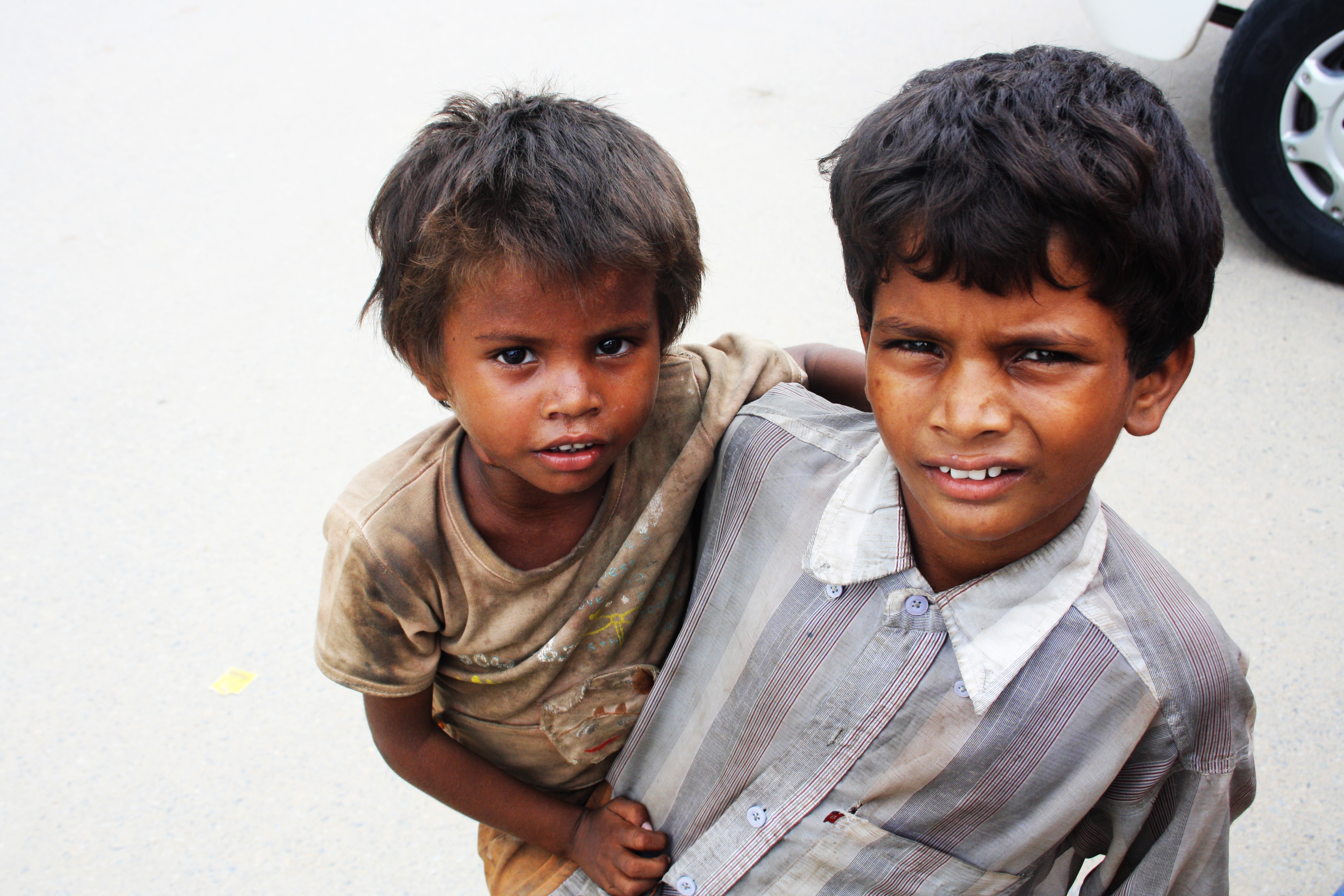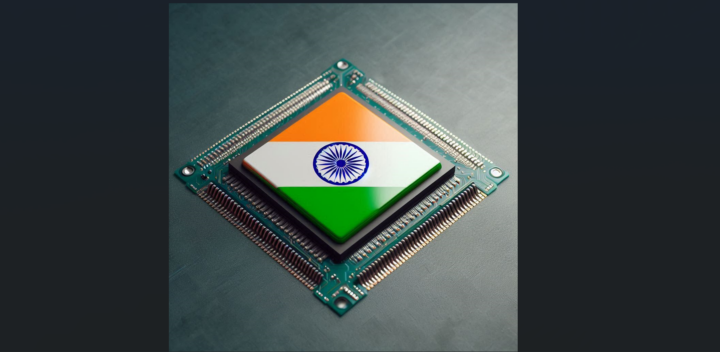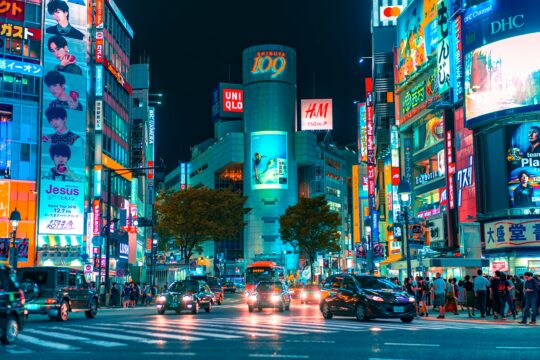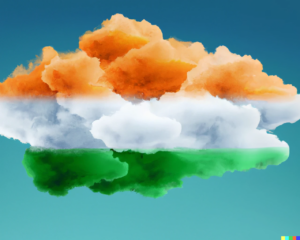According to Thomas Piketty, author of Capital in the Twenty-First Century, and Lucas Chancel, India is more unequal today than at any time since the British Raj. Piketty states “The top 1 percent of earners captured less than 21 percent of total income in the late 1930s, before dropping to 6 percent [of total income] in the early 1980s and rising to 22 percent today”.
The Facts
Picketty and Lucas are not alone in their findings, as other statistics corroborate their findings of a ‘great divide’. For example, according to Oxfam, 1% own 58% of the total wealth in India which has resulted in the country being ranked the second most unequal country in the world. Realizing that the comparison may feel a bit extream, India’s richest man, Mukesh Ambani, is worth $38 billion, while the average Indian lives of less than $2 a day.
This disparity might appear shocking considering India’s rising status as one of the world’s most innovative countries. Yet for many, the divide is very real and a hindrance for the economy and officials are aware. For years the government has made multiple attempts to bridge the equality gap through numerous programs, and hope of change was amplified when the Prime Minister, Narendra Modi, was elected in 2014.
More Skills, More Jobs, More Money
One of the key efforts to address the issue made by the current administration was the government’s initiative of training 500 million people in new skills by 2022. However, it did not go to plan. After the government missed the skill training targets in three out of four years, between 2011 and 2015, with the only exception being 2013-14. Despite claims the program would be expanded and sped up earlier this year, it has now been abandoned. Skill development minister Rajiv Pratap Rudy has now stated “It will be demand-driven [rather] than supply driven”.
Free Money?
Other ideas to combat issues of inequality have also been considered. For example, at the start of the year, The Ministry of Finance’s annual survey of the economy, considered Universal Basic Income (UBI) in order to tackle poverty and the wealth gap. This would empower citizens with sufficient income to cover their basic needs which would promote social justice and enable the poor to make their own economic choices.
At the Top
It is not only the government which has been criticized regarding the growing divide but also the elite class, which has been accused of employing unjust methods to perpetuate their position. According to a global report by Oxfam titled “An economy for the 99 percent,” the super-rich are to blame for fuelling the inequality crisis by avoiding taxes, influencing politicians, and not paying fair wages to their employees.
With reference to India specifically, the report claims the super-rich have accumulated wealth by dodging taxes, making the most of the loopholes in the existing tax laws and also siphoning off their wealth to Switzerland and other tax havens.
Moreover, the government also received its fair share of criticism for allowing this practice. Due to the fact that the super rich are big donors to the national political parties, the government has done little to hold them accountable for any wrongdoing. Only recently has the Indian government begun acting on the information gathered from various tax havens.
The government clearly has a lot of work to do in order to bridge the divide. More will need to be done, beyond the focusing on skills for the lower class, including a shake-up of the current tax system which looks to benefit the wealthy along with more exploratory economic policies such as UBI. Through a mixture of these policies, India can create the foundations of a more equal society, closing the current gap.












